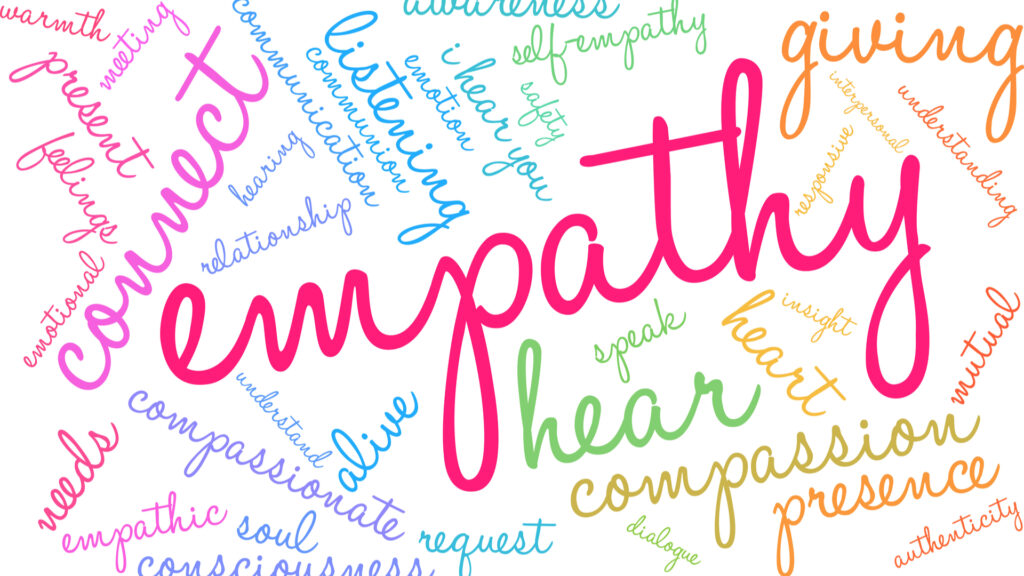Most of us have heard the basics of communicating with people, in our personal lives and in the workplace. It’s important to be a good listener but also to communicate what one wants to say. It’s important to make eye contact, maybe lean a little in front to let the person know that you’re interested in what they’re saying. You might also want to be well-groomed and begin with a handshake and a smile. These are all valid suggestions when it comes to communication.
Personality Ethic vs. Character Ethic
When you read Stephen R. Covey’s book, The 7 Habits of Highly Effective People, you learn that the above communication tips are external and not internal. These are tips that come to us from what Covey calls the personality ethic and not the character ethic. They are tips that tell us how to behave outwardly, but they don’t suggest that we should actually change from the inside.
Covey’s idea is that your transformation into a good communicator is never going to be complete unless you also change from the inside. Communication is not just about behaving in a certain way but also about thinking in a certain way.
Developing a Sense of Empathy
You can’t view the people around you, whether they’re business associates, employees, friends or family, as a means to an end. You have to think of them as real people with real feelings. So when you’re trying to communicate better with them, you have to genuinely try to understand what they’re thinking and feeling. What are they needs? And how will working with you help them to fulfil those needs?
Learning to Respond in a Positive Way
Covey says that it’s very easy for us to react. And most of us are reactive. We don’t stop to think before we respond to what people say or do. We react emotionally. But it’s important to remember that we don’t have to respond in that way. We can choose to respond in a positive way no matter what happens to us.
And this is the essence of good communication: choosing to empathize with the other person and choosing to respond positively no matter what they might say. The idea is to keep in mind that no matter what happens, the two of you can come up with a solution, together.


